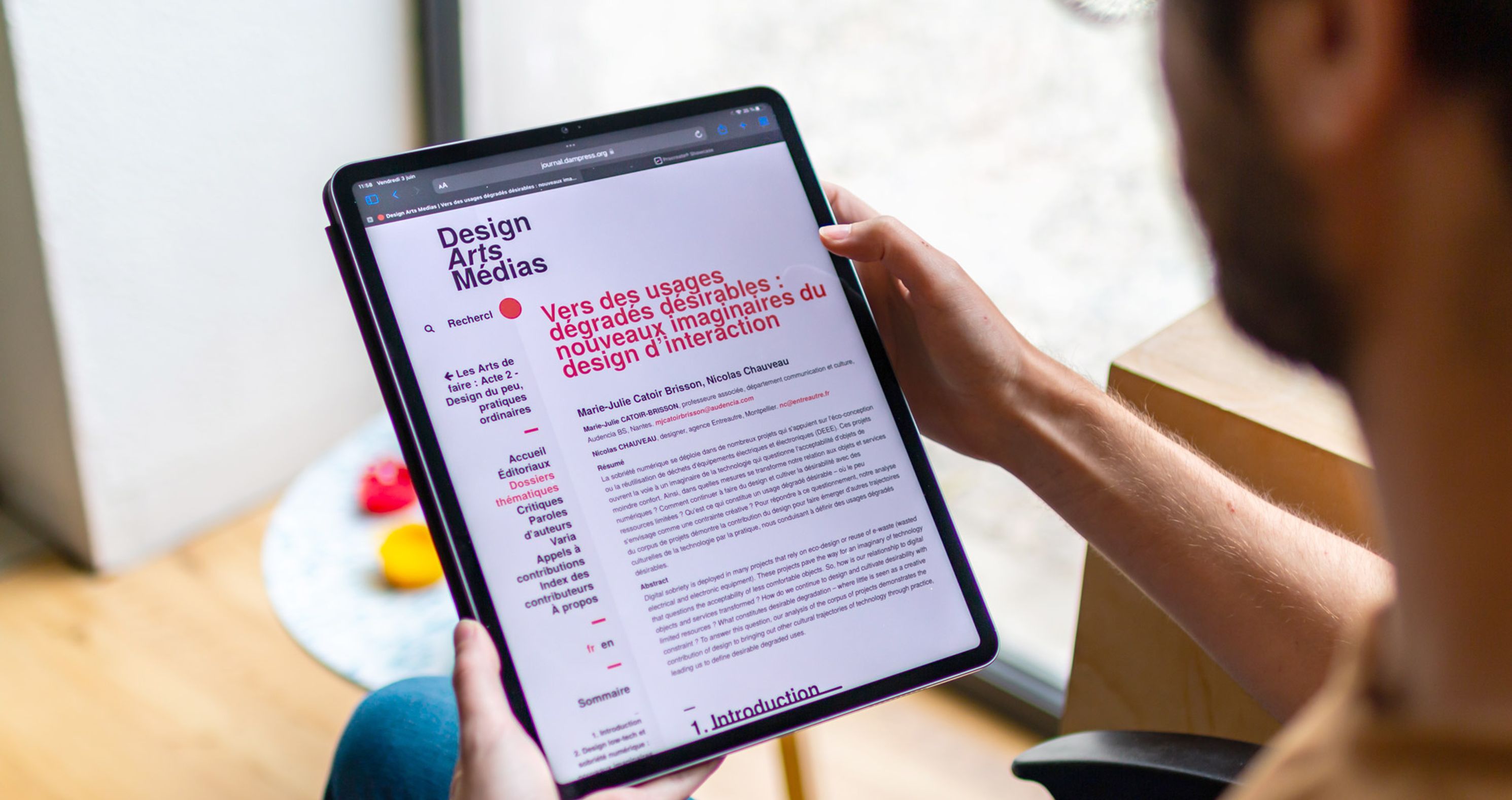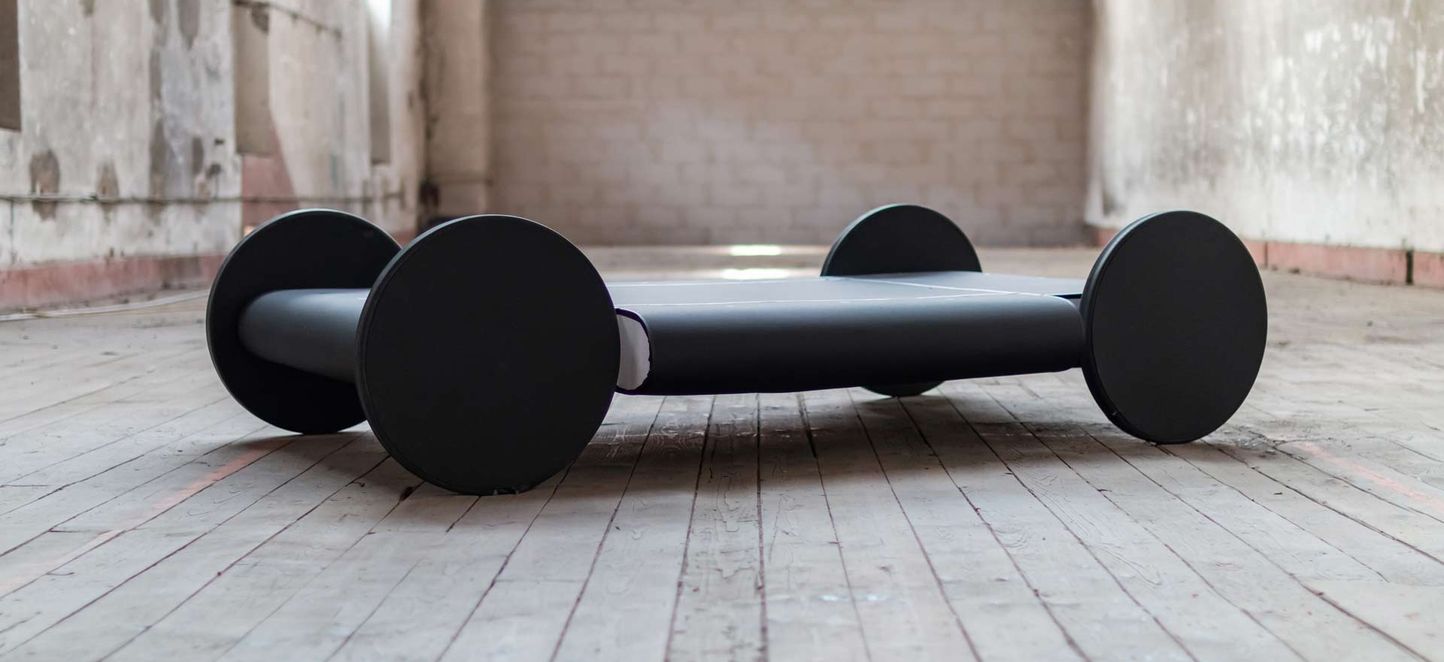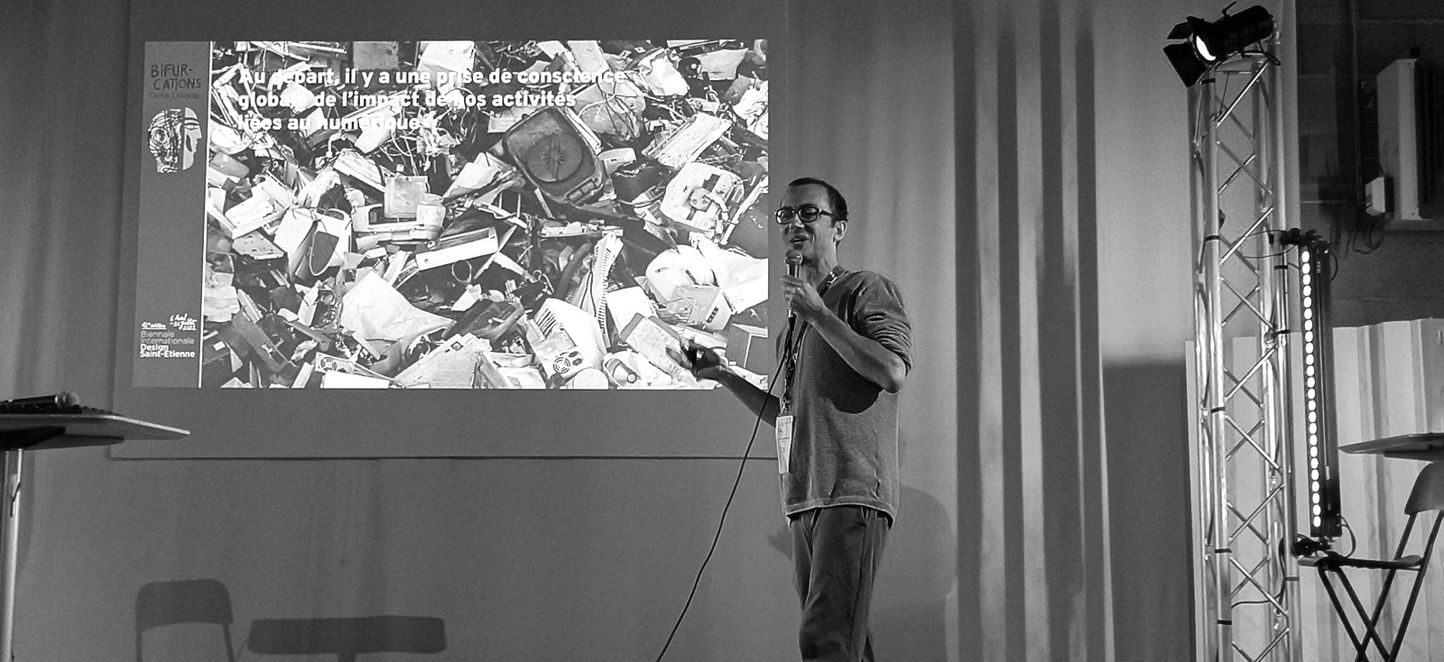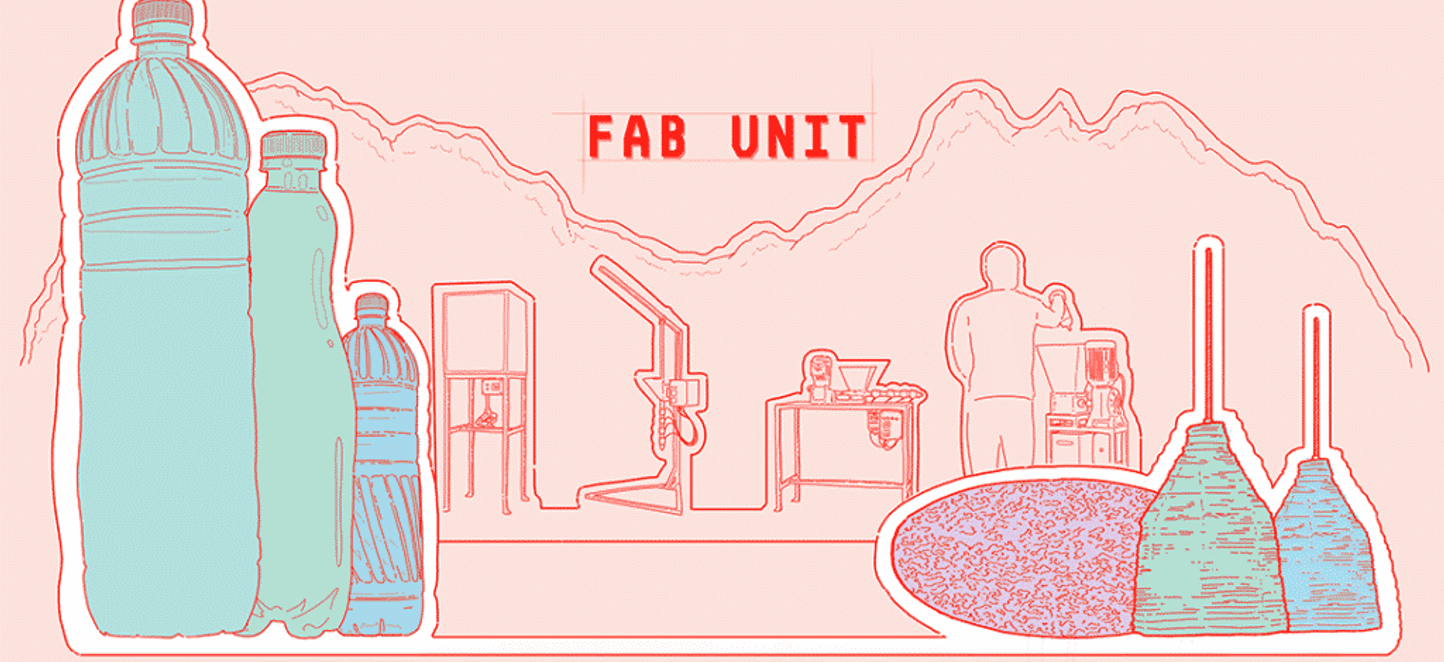In 2021, Sophie Fétro invited the design research community to contribute to the online journal Design, Arts, Médias for an issue focused on minimal design and everyday practices. Marie-Julie Catoir-Brisson encouraged us to co-author an article… Time to delve into our practical design practices? Let’s go! The process had a different format and pace than our usual workflow, pushing us to articulate empirically what we do and how designers make objects desirable.
Our Research Drives Our Client Projects
Clients generally look to our agency for operational project development. However, our responses are often enriched by our research, leading us to explore alternatives, techniques, and systems that we endeavor to transform into concrete projects.
Since 2016, in the spirit of exploration, we have also led workshops with Marie-Julie at the University of Nîmes. At the intersection of upcycling, digital design, and design fiction, students consider the evolution of design fields and practices — for instance, co-developing new objects with us, sourced from electronic and electrical waste.
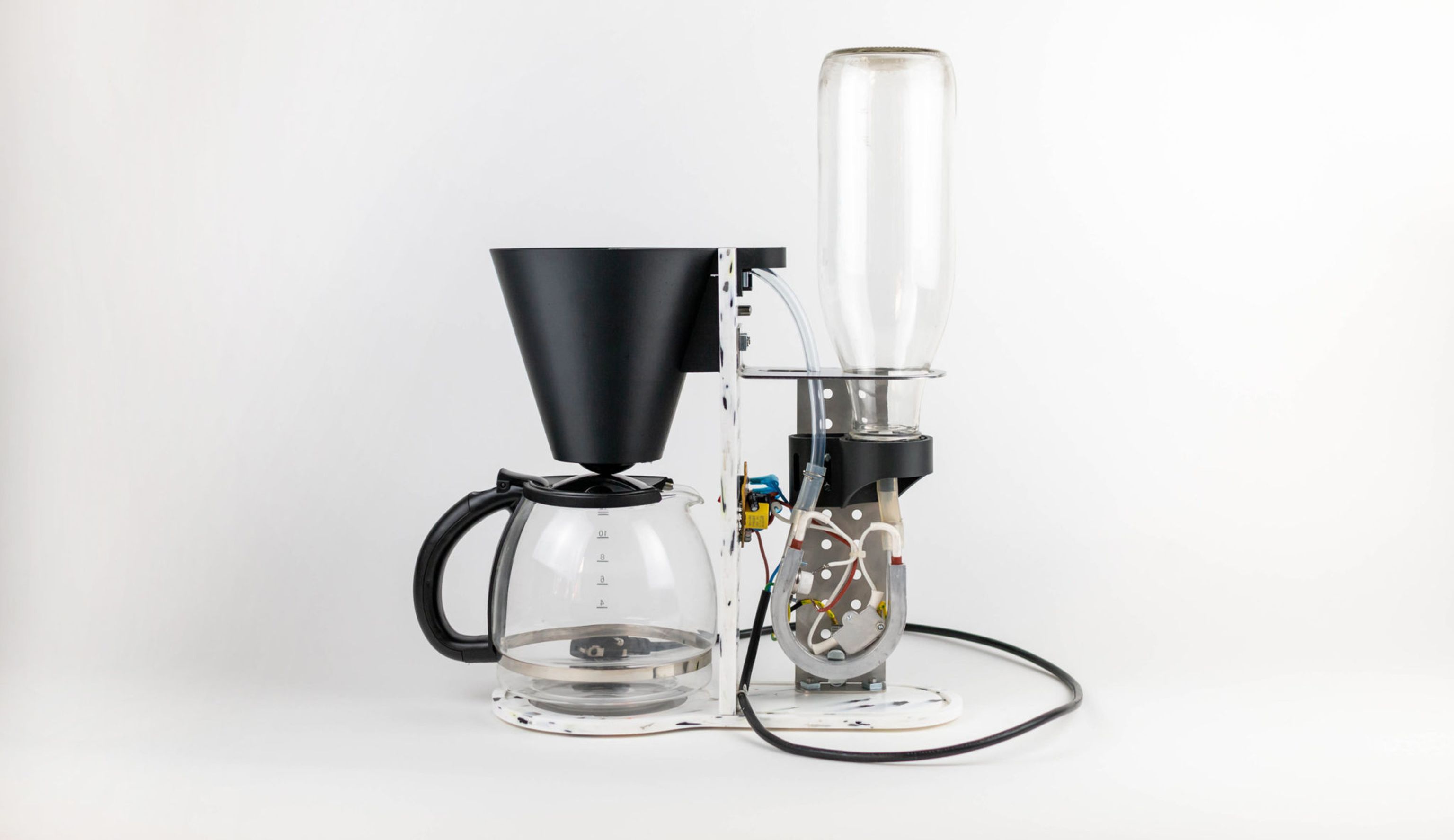
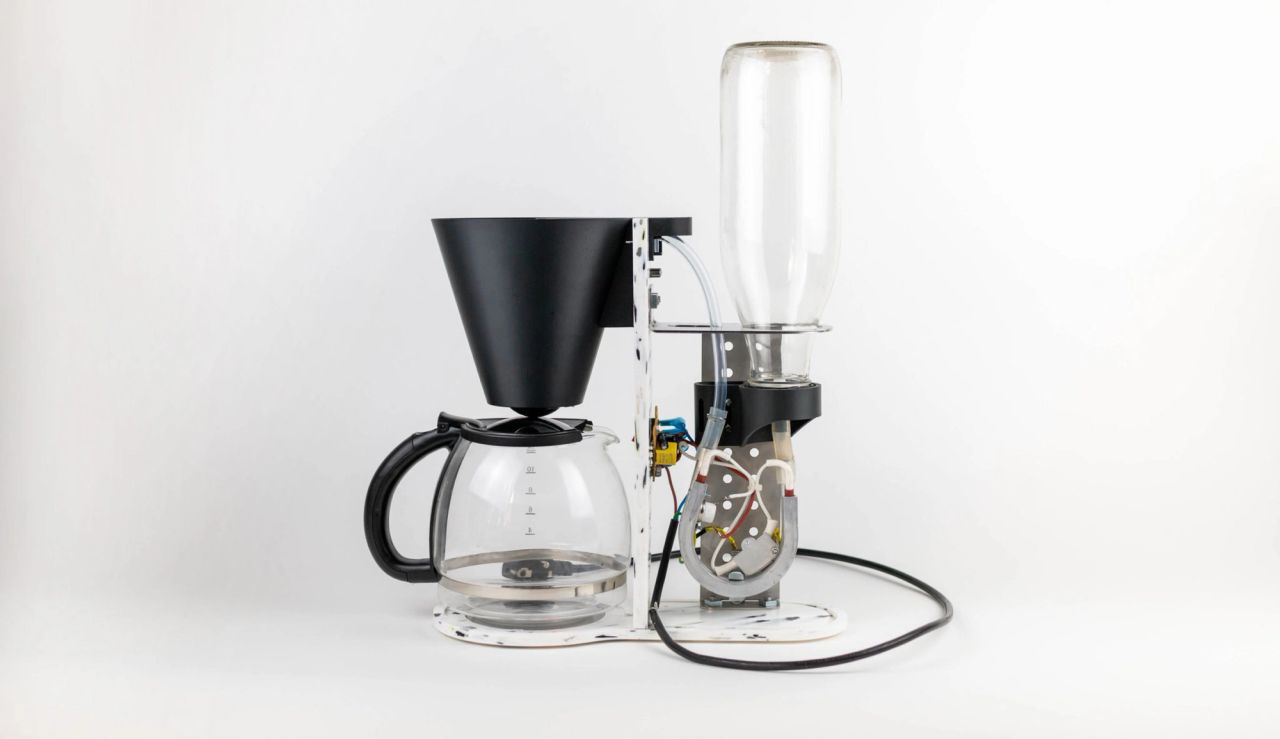
Degraded Uses, Alternative Imaginaries, and New Desirability
Through the experience of writing this article, we explored how constraints of frugality and reuse applied to electronic digital objects give rise to “degraded” uses. These objects are no longer viewed in their ideal state — a concept promoted by most industry players today (designers, manufacturers, retailers, advertisers, etc.). Compared to new products, these “degraded” objects often lack the same level of comfort, may exhibit wear, and may even have lost some functionality.
However, such degraded uses can, to some extent, make objects desirable. To illustrate this, we examined a body of contemporary projects that embrace digital minimalism. Some are experimental, such as works by Tom Hebrard, Studio FormaFantasma, Kodjo Afate Gnikou, Neil Lambeth, and our own project, Desire what's discarded. Others are more operational, even industrial, such as Fairphone, Mudita, Lightphone, and ARA. Beyond the vague term “low-tech,” concepts like “digital counter-making” (Laurence Allard) and “situated digitalities” (Nicolas Nova and Gauthier Roussilhe) offer useful frameworks for analyzing this corpus.
In 2020, students at Nîmes also conducted projects demonstrating the creative challenges and opportunities for designers faced with reuse. Some created forms that embrace their unique characteristics (heterogeneity, visible production traces) and enrich the aesthetics of these neo-objects (e.g., StopWatch project). Others went so far as to make reused components visible and repairable, encouraging users toward greater autonomy (e.g., MakerPod project).
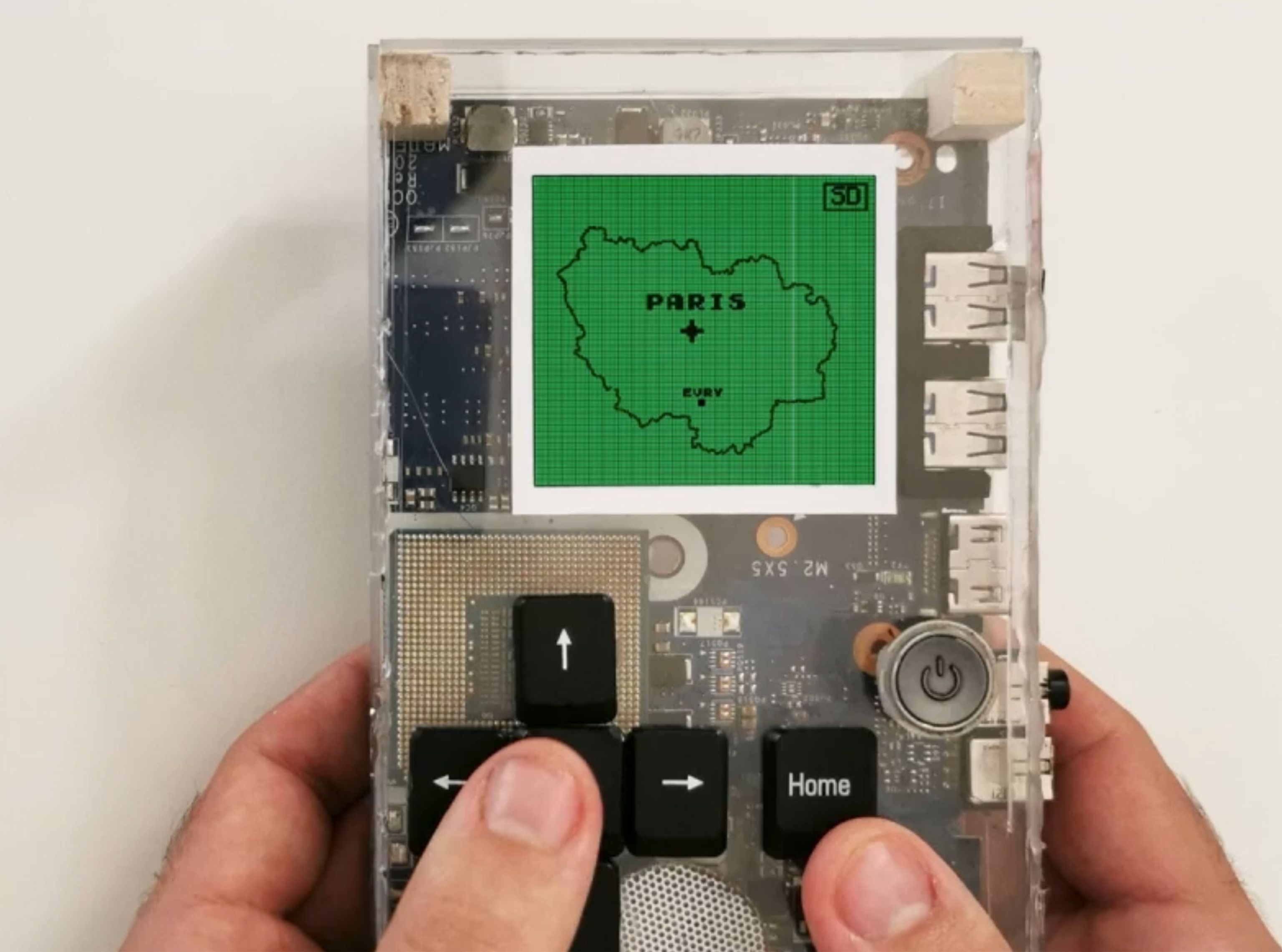
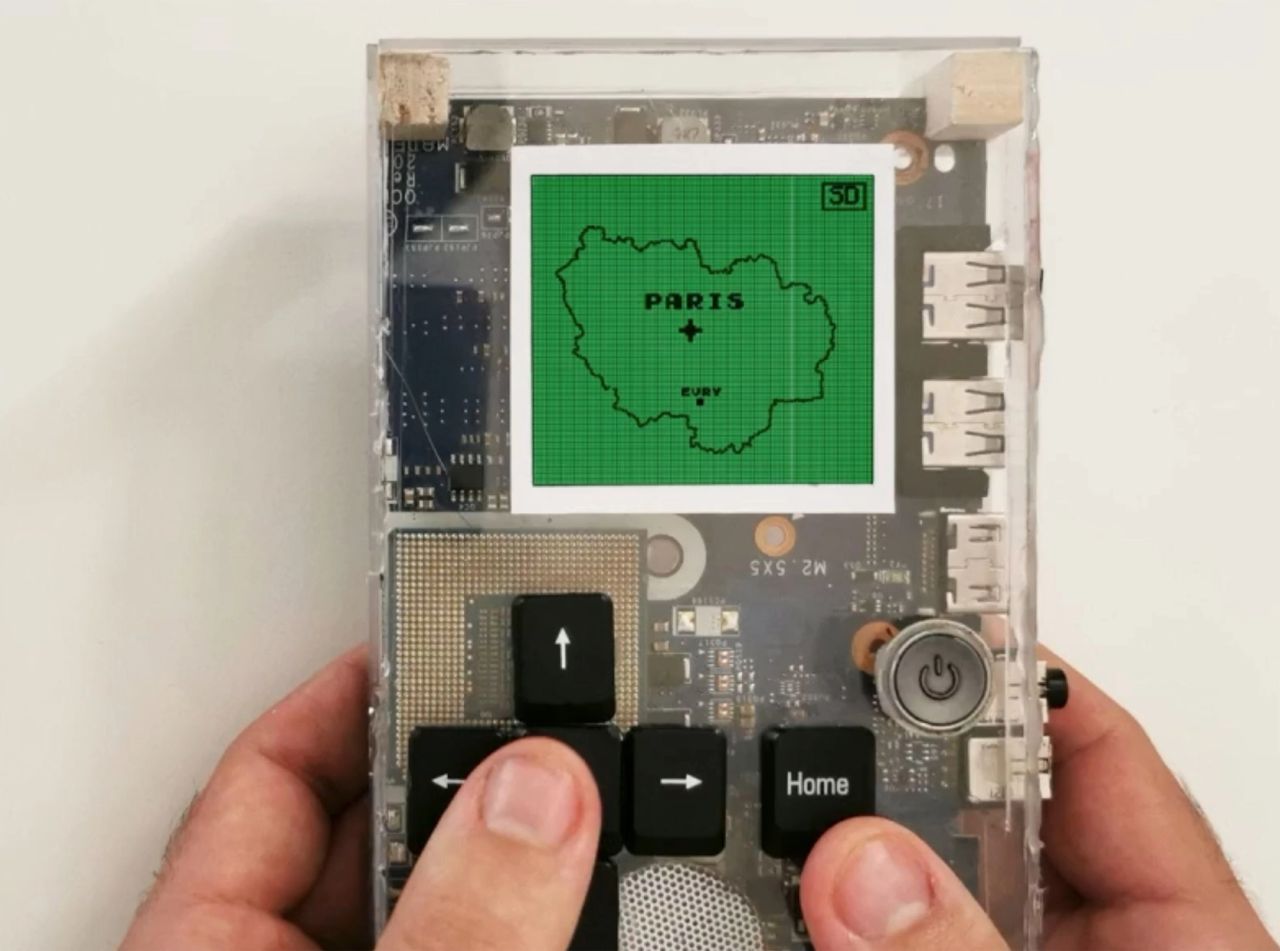
Sarra Badi, Selen Canales-Vasquez, Oussama Fatmi, Joseph Mbetiyanga
In certain cases, the transformation of relationships to digital objects and services goes further, with some functionalities intentionally abandoned, leading to intentionally “degraded” uses by design. Meanwhile, new uses have emerged for learning or simply for alternate forms of interaction, fostering potential technical and social skill development and a reclaimed sense of autonomy (e.g., Streamix project). These design choices raise questions about the acceptability of digital objects and services with reduced comfort, paving the way for alternative design imaginaries — a reaction against the dominant technical worldview epitomized by the rise of connected devices, ubiquitous computing, and transhumanism.
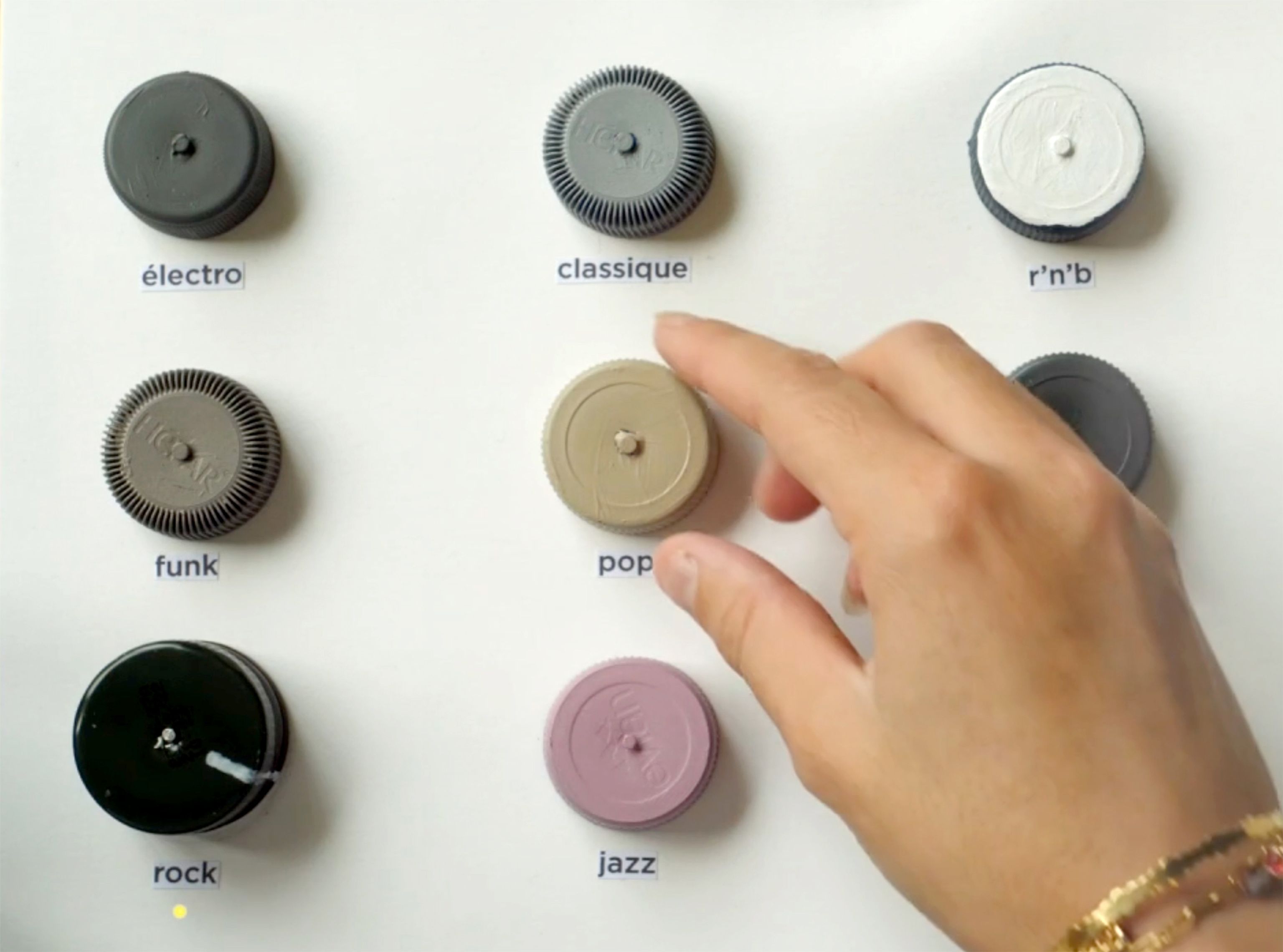
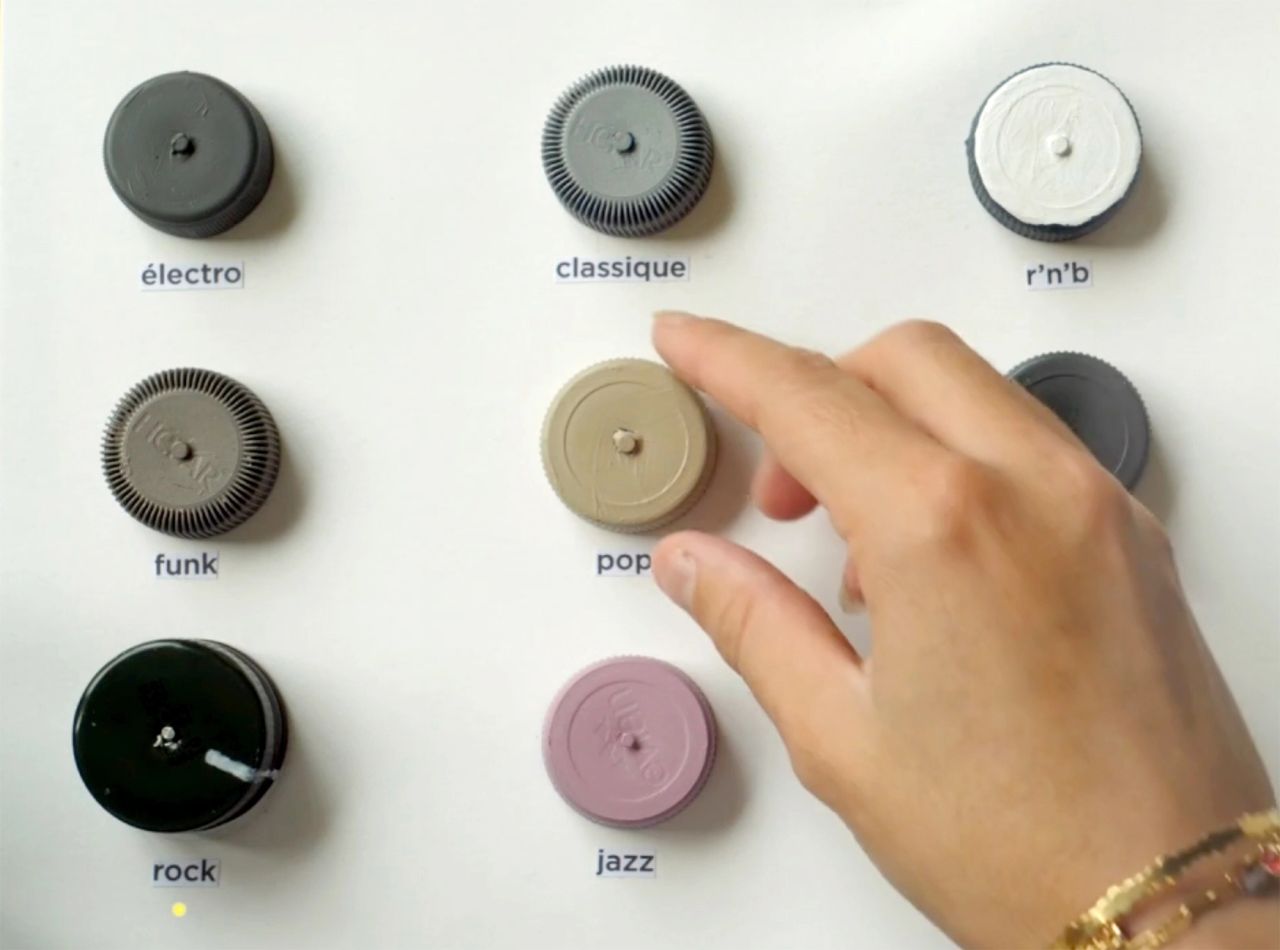
Claire-Marie Bachelez, Victoire Bruna, Jeannette Guerin, Anissa Sahli
Thank You!
This article was presented on November 12, 2021, during a symposium organized for the launch of issue no. 3 of Design, Arts, Médias, supported by the ACTE Institute, University Paris 1 Panthéon-Sorbonne. It was an enlightening day centered around minimal design, driven by the design and art research community.
Our thanks to Sophie Fétro for the invitation to share our work, and to Chloé Bappel, Andrea Pastorello, Christian Malaurie, Wafa Abida, Camille Bosqué, Judith Michalet, Margaux Moussinet, and Jérémie Elalouf for the quality of their presentations.
